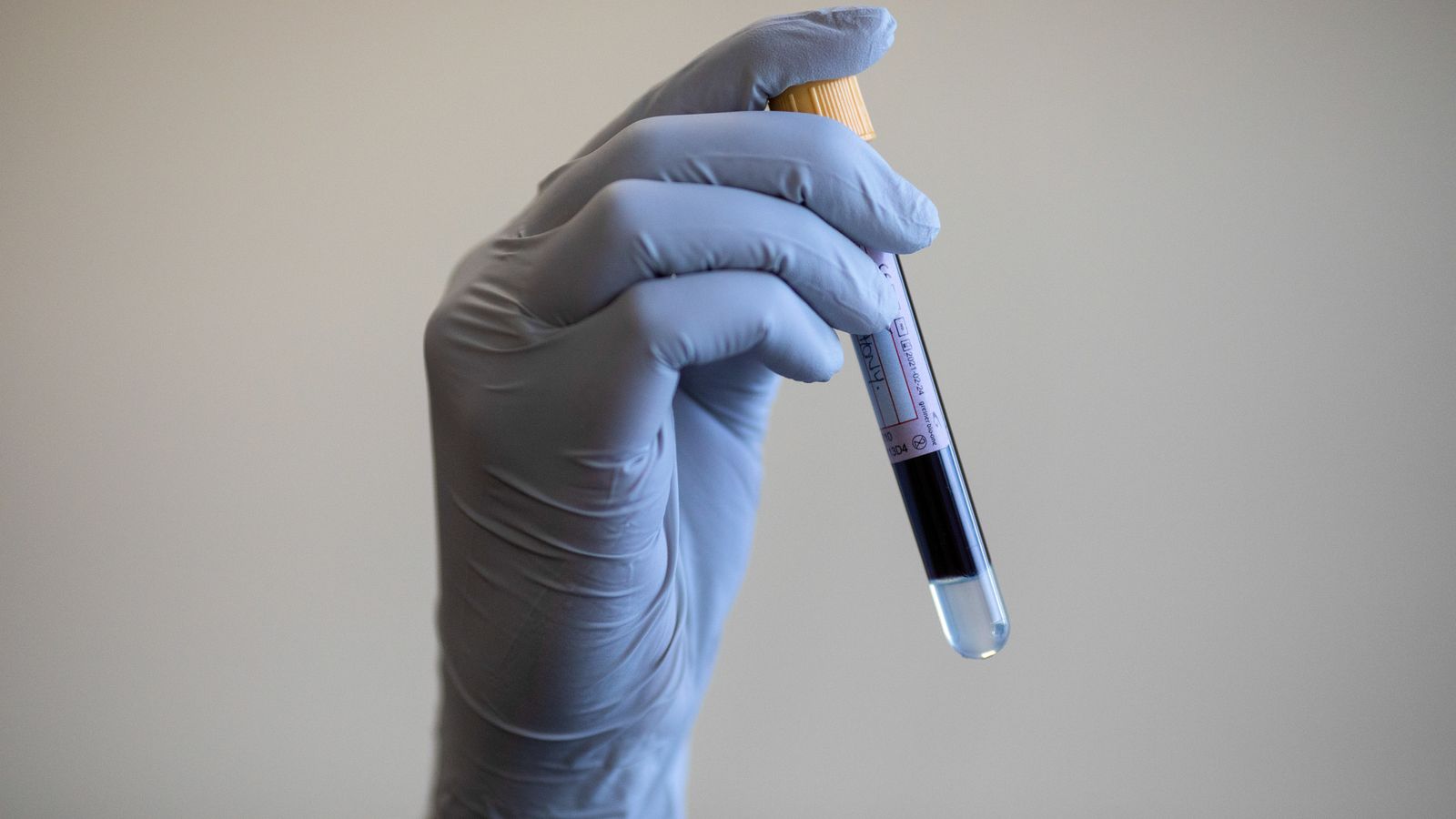A disruption in the supply chain of tubes used in blood tests by the NHS could impact a number of patients.
A global supply chain issue has led to doctors being told that all clinically necessary tests can go ahead but others will have to be scaled back.
The shortage prompted NHS England to issue guidance telling GPs to only call for some tests under certain circumstances.
The guidance says GPs can “reduce non-essential (non-clinically urgent) testing”.
It means patients with suspected allergies and vitamin D deficiencies could face delays to routine testing.
Fertility tests could also be impacted by the global shortage.
It follows reports from technology company Becton Dickinson of temporary supply chain issues for a number of tubes used to collect blood test samples.
Becton Dickinson has been contacted for comment.
The NHS guidance issued on scaling back non-essential testing will include stopping vitamin D testing barring exceptional circumstances and deferring routine infertility testing for all patients under the age of 35.
Allergy testing is also “not a priority at this time” under the guidance, unless there is a clinical need. Routine wellness screening is named as another low priority area.
The guidance also advises against stockpiling tubes.
A spokesperson for the Department of Health and Social Care said: “Patient safety and continuity of care is our priority and we are working to ensure there is minimal possible impact on patient care.
“The health and care system is working closely with BD to put mitigations in place to resolve any problems if they arise.”






















